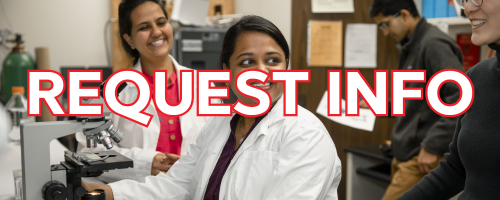Biomedical Sciences Grad School Glossary: What Does That Even Mean?

Biomedical Sciences Grad School Glossary: What Does That Even Mean?
Starting grad school in biomedical sciences means learning a whole new language — one full of acronyms, academic titles and program lingo that can feel overwhelming at first. Don’t worry! We’ve got you covered with a quick glossary of the most common terms you’ll hear around campus, in e-mails and in your program handbook.
SAA (Student Affairs Advocate)
Think of your Student Affairs Advocate as your go-to person for academic or personal concerns. They help with wellness concerns, communication challenges, work-life balance and navigating university policies. SAAs are here to help you thrive, not just survive.
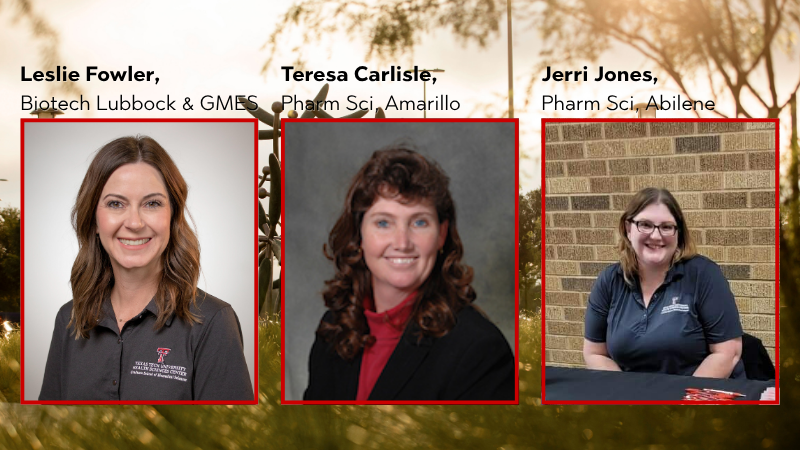
Committee
Your graduate committee is a group of faculty members (including your PI) who advise you on your research progress, coursework and degree milestones. They also attend your dissertation defense and determine whether you've met the requirements for graduation.
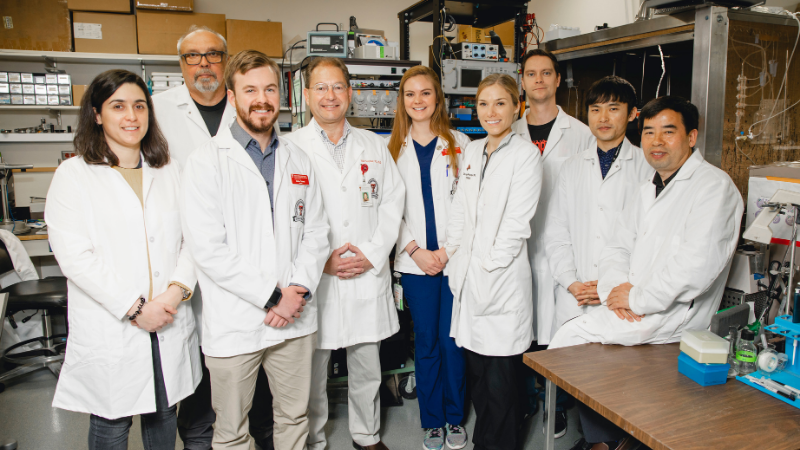
PI (Principal Investigator)
Your PI is the faculty member who leads your research lab. They serve as your primary mentor, help guide your project and support your professional development. Choosing a PI is a huge decision — it shapes your day-to-day life in grad school!
Thesis vs. Dissertation
These terms are often used interchangeably, but they can differ by institution:
A thesis is typically associated with master’s-level research and is usually shorter, based on existing research.
A dissertation is usually part of a Ph.D. and involves original research that contributes new knowledge to the field.
Currently, the only program we offer that requires a thesis is our Pharmaceutical Sciences Master’s in Amarillo!

CV (Curriculum Vitae)
A CV is a detailed document that outlines your academic background, research experience, publications, presentations, awards and skills. Unlike a résumé, which is typically brief, a CV provides a comprehensive overview of your professional journey — especially important when applying to graduate programs, research positions or academic jobs.
Program vs. Concentration
Your program is your official degree track (e.g., Biomedical Sciences Ph.D. or Biotechnology M.S.).
A concentration is a more focused area of study within your program (like Biochemistry, Cellular & Molecular Biology or Translational Neurosciences & Pharmacology). Not every program will have a concentration!
Think of it like a major and a specialty!
Flex Time vs. Leave of Absence
Life happens — and grad school policies reflect that.
Flex Time is an informal adjustment that allows for temporary flexibility in your schedule (often for short-term health, personal or caregiving reasons). Research mentors can approve up to nine days of Flex Leave, while ten days or longer must be approved by the mentor and the SAA and requires paperwork.
A Leave of Absence is an official pause in your enrollment, requiring paperwork and approval. You won’t register for classes during this time. Leaves of absences are reserved for extreme circumstances.
Brightspace/D2L
This is your online learning platform where you’ll access course materials, submit assignments, take quizzes and communicate with instructors. It's like your digital classroom hub.
SGA (Student Government Association)
The SGA represents all TTUHSC students, advocating for student needs and planning campus-wide events and initiatives. They’re your voice in university-level decisions.
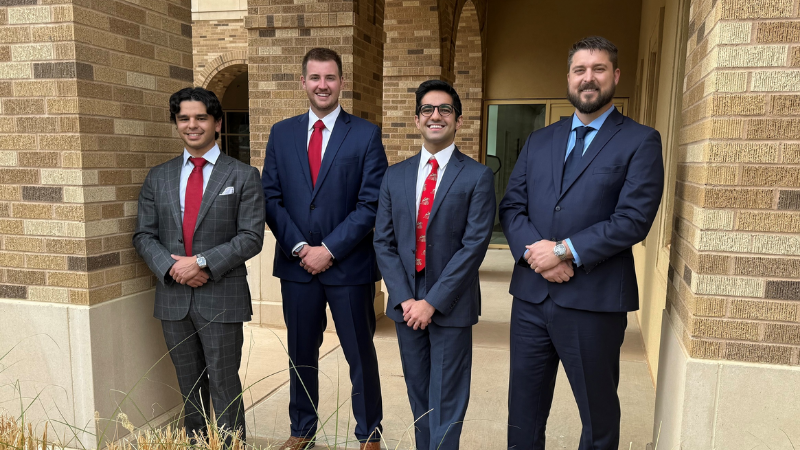
GSA (Graduate Student Association), GSAA (Graduate Student Association in Amarillo), IBGSA (Immunotherapeutics and Biotechnology Graduate Student Association)
The GSA is the main student government body for GSBS. It organizes events, advocates for graduate student needs and serves as a liaison between students and administration. Joining GSA is a great way to meet people outside your lab! Each Grad School campus has its own GSA: GSA (Lubbock), GSAA (Amarillo) and IBGSA (Abilene).

SRW (Student Research Week)
One of the highlights of the academic year! Student Research Week is a multi-day event where students present posters and talks, hear from keynote speakers and compete for awards. It’s a celebration of research and a fantastic networking opportunity.
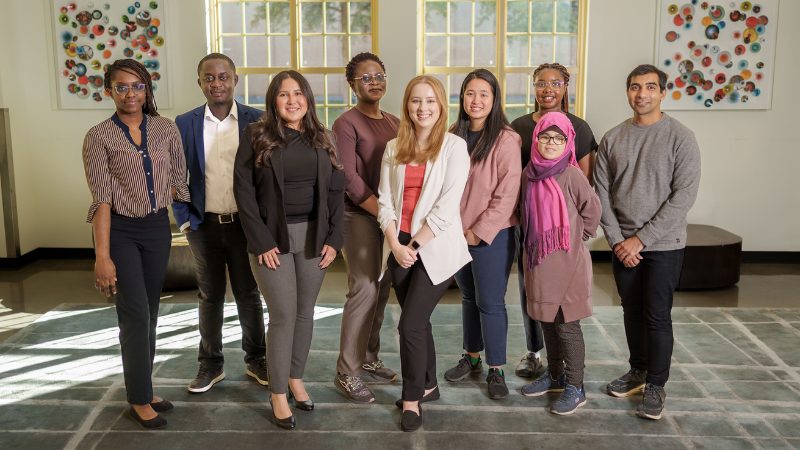
Final Thoughts
There’s a lot to learn in grad school — and not just in the lab. Keep this glossary bookmarked as you get started, and don’t be afraid to ask questions. Everyone had to learn this language once, and you’re not alone in figuring it out.

